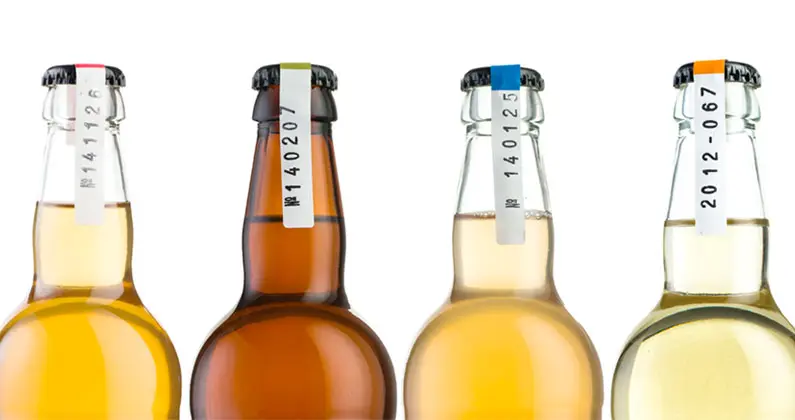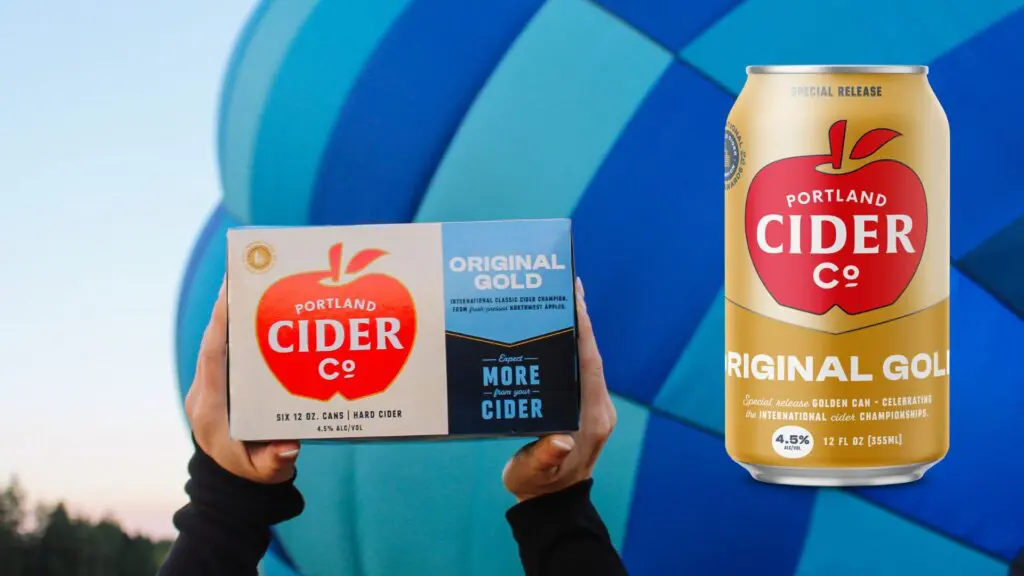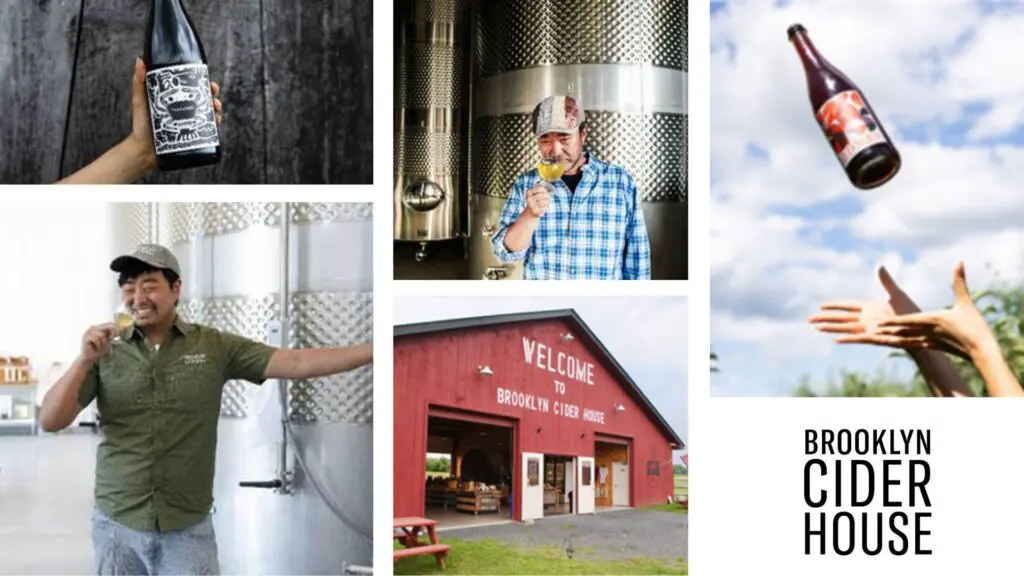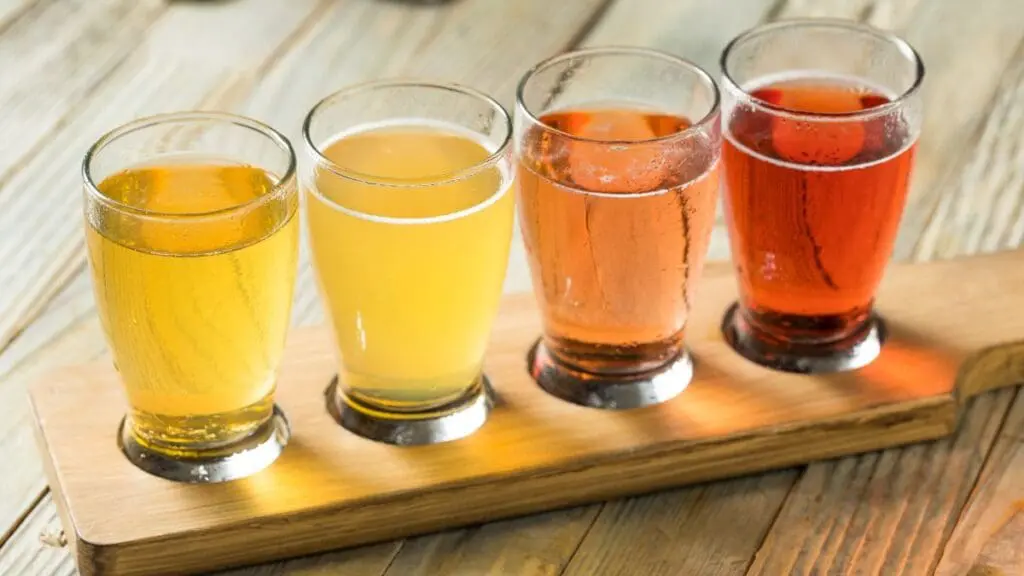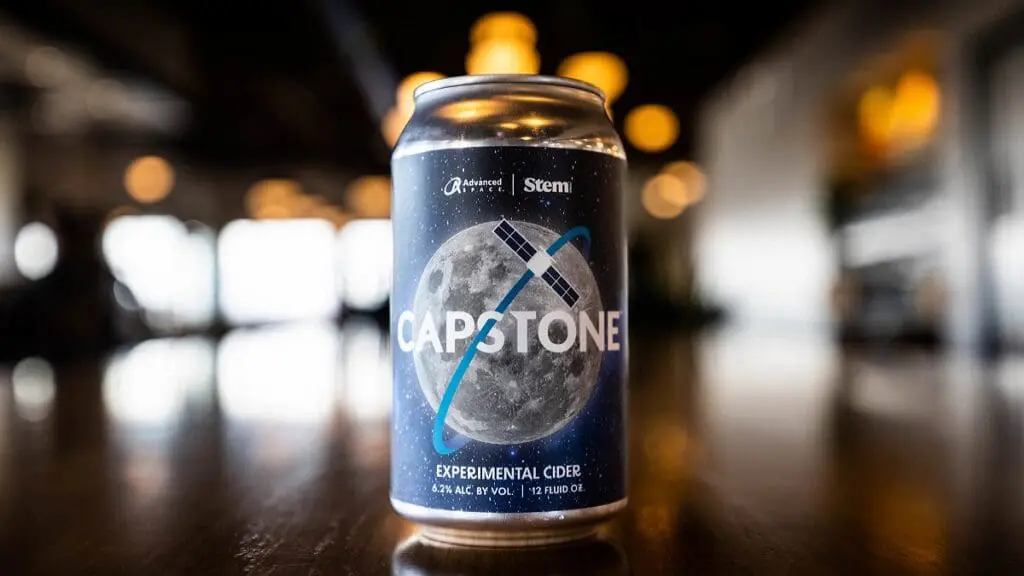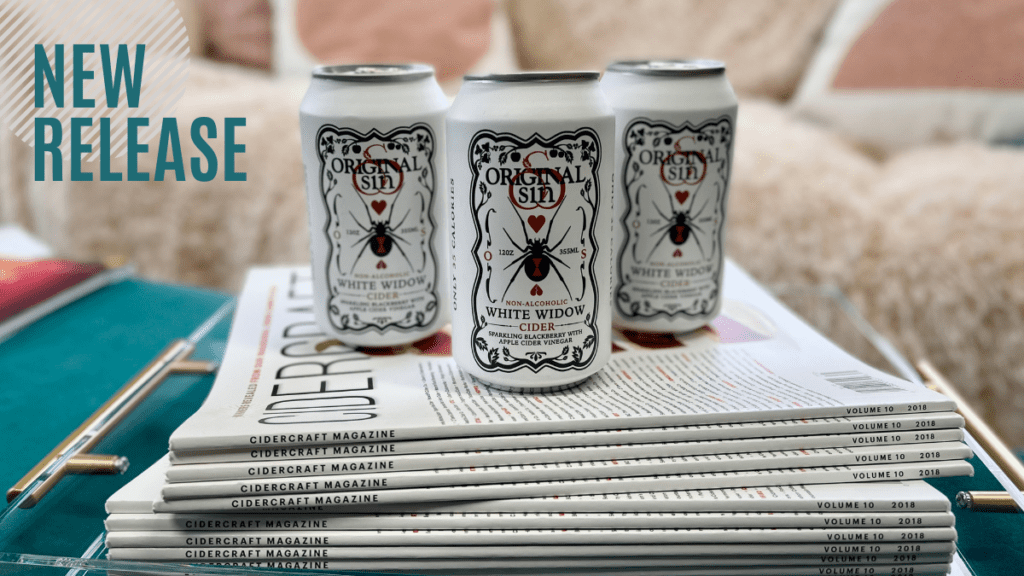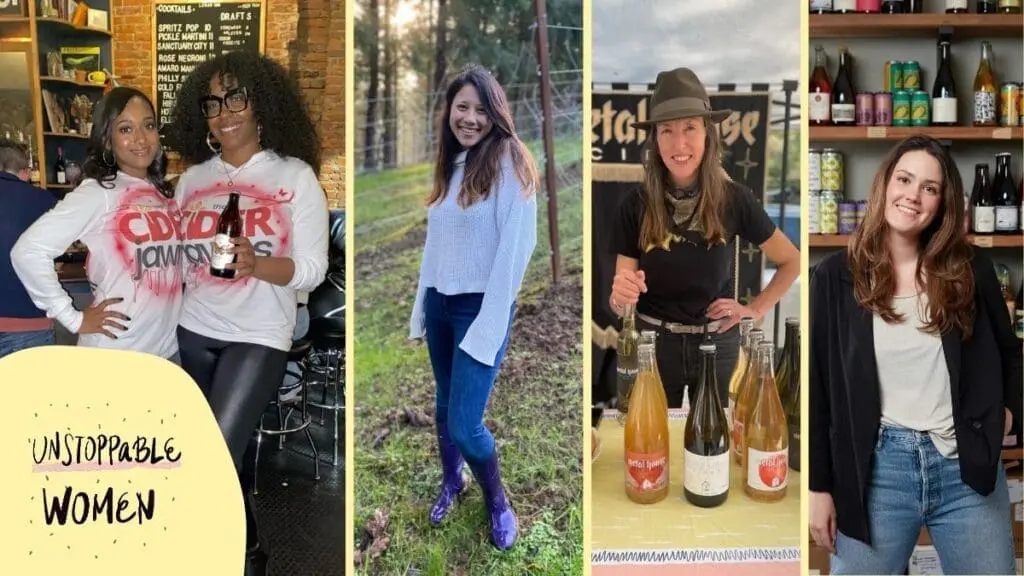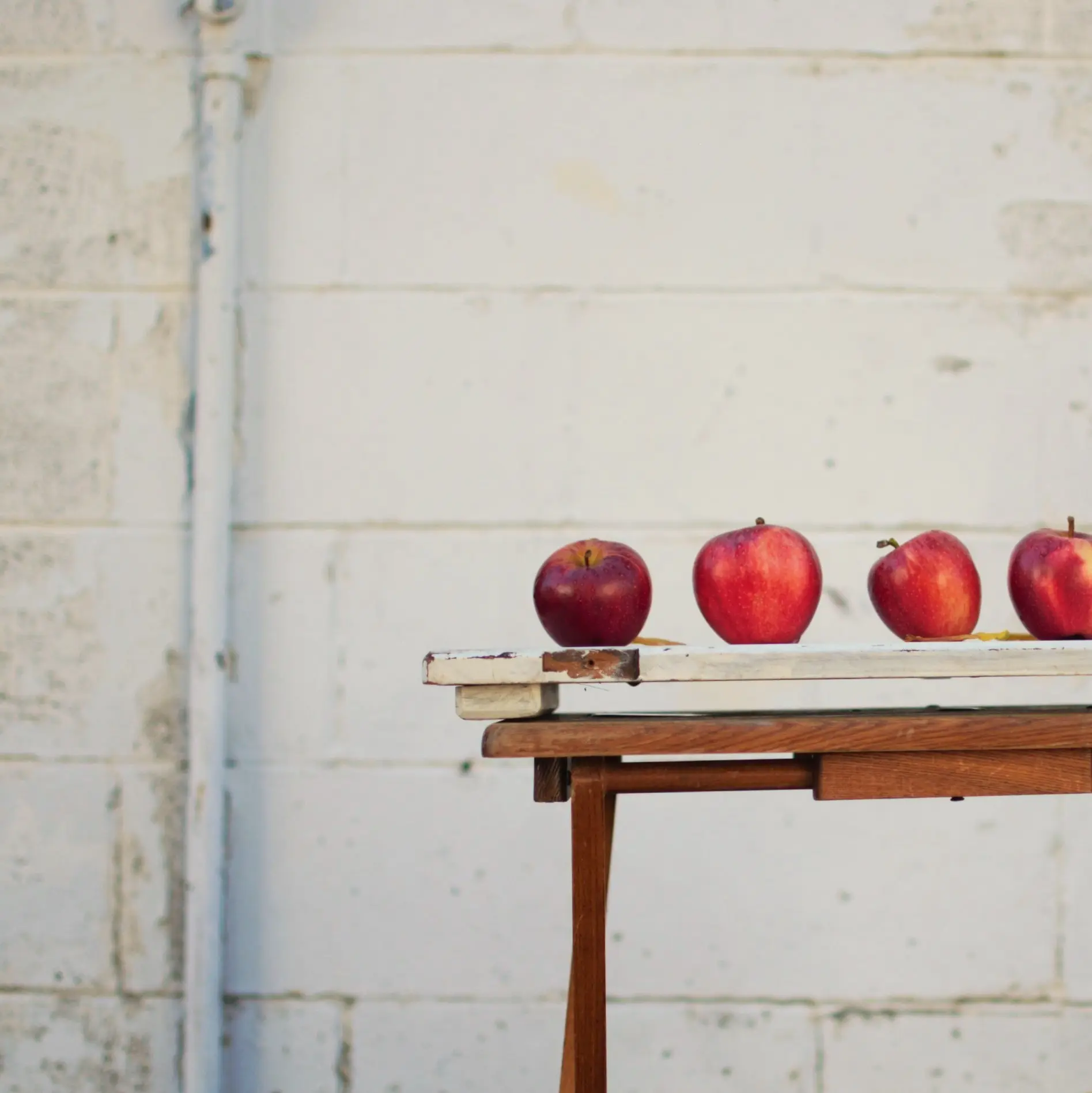The cider gospel according to Nat West, owner and cidermaker of Portland, Oregon’s Reverend Nat’s Hard Cider.
The best, most widely-consumed and successful cider brands in the market now, and in the coming years, will be made, packaged, delivered and handled, sold and consumed like beer—not wine.
Before I get started, let me tell you a little about my favorite ciders. Old World ciders such as Oliver’s from England and Eric Bordelet from France are top-notch. Traditional United States ciders like Wandering Aengus from Oregon and West County from Massachusetts are a close second. But I, like many of the readers of this publication, represent the most elite cider drinkers in North America. Our preferences have virtually no relation to national cider trends. People are consuming oceans of cider with tastes nothing like ours.
The taste preferences of consumers in the United States are not the same as those of consumers living in Somerset, United Kingdom. The intensely tannic and barnyard-funk flavors that inspired many of us to make cider go unappreciated by the average American drinkers. I find myself regularly teaching cider appreciation classes to alcohol industry folks and connoisseurs of both beer and wine. It is a rare thing for one of these people to proclaim that they enjoy English West Country, Normandy or Spanish-style ciders. If you and I enjoy a cider, that might be a counter indicator to general popularity.
Packaging is perhaps even more important than flavor. Obviously the design of your packaging must stand out on a crowded shelf. But you also need to be in the right package. Dominating the category are 12-ounce six-packs, accounting for nearly 60 percent of cider sales in the United States. Cider in cans now accounts for nearly 12 percent of the category. And while many of the world’s best ciders are bottled exclusively in large format 750ml and 500ml bottles, this package accounts for less than 5 percent of sales and is not a growing share. As the number of cideries increases, many of them are competing for the smallest slice of pie.
Distribution, delivery and handling are out of mind for most of us, but these minor topics reinforce the cider-as-beer mantra. Case in point: our ciders are occasionally pulled from the shelf by retailers who demand “freshness.” They don’t know anything about vintage dates and don’t know that some well-made ciders increase in deliciousness the more they age.
But is this distaste for rich, character-driven ciders in wine bottles due to a lack of education? Do mature drinkers still prefer ciders made and packaged like beer? At the highest-end bottle shops in craft-and-cider-crazy Portland, such as the legendary Belmont Station, you will find some of the most educated and most experienced cider drinkers you could ever hope for in the United States. When my saison yeast, apricot juice and Cascade dry-hopped Hallelujah Hopricot is stocked alongside my multiple gold medal, slow fermented, heirloom-varietal Revelation Newtown Pippin, the beer-like cider outsells the wine-like cider two to one.
You may be thinking, “This all may be true for the macro ciders but that’s not real cider. All real cider is wine-like.”
But a brief look at 26-week Nielsen data ending June 1, 2015 shows that every single cider producer with more than 100 percent growth (with the exception of Strongbow) ferments 100 percent fresh-pressed apple juice with no concentrates and no corn syrup. They are all sold at craft beer pricing by craft beer distributors in familiar craft beer packaging. And nine out of 10 of these producers make ciders with hops and other beer-like flavors.
As cider consumers upgrade from heavily advertised Frankenciders made from mostly water with two squirts of foreign-grown apple juice concentrate and government-subsidized genetically modified high fructose corn syrup, they will stay within their familiar craft-beer ecosystem. I, for one, will be ready for them.
ABOUT THE EXPERT
Known for his unusual American ciders and love of experimentation, owner and cidermaker Nat West of Reverend Nat’s Hard Cider is dedicated to bringing good cider to the craft beer lovers of the world. He really is a reverend and he grew the goatee before he started the cider business. Nat lives in Portland, Oregon, with his family and his post-apocalyptic truck with a cow skull on the grille.
The story originally ran in the winter 2015/16 print edition of CIDERCRAFT. For the full story and more stories like this, click here to subscribe.

